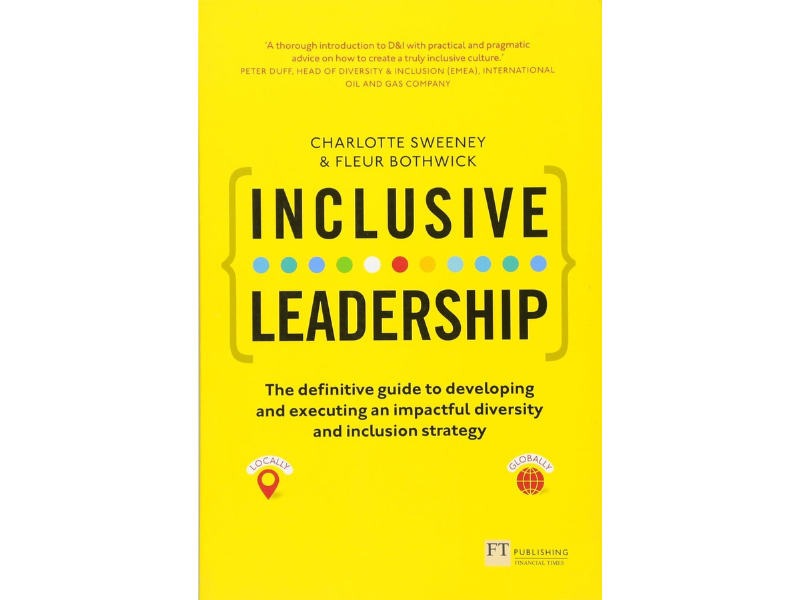Power is at the heart of leadership, without it nothing important in the world happens.
Influence gets us in the game. It is therefore important to build your authority and power as a female leader to make the difference you want to make. So how do you feel about being powerful? How do you feel about being in authority?
More often than not, when I ask women leaders that question there is a bit of squirming going on. That’s understandable; there is a dark side to power that can make everyone ambivalent about it. We have all seen and experienced power and authority used negatively, we have seen it be corrupting and scary. But it doesn’t have to be and that’s why it is so important for us to understand our sources of power, and to use that power with skill and intention in support of our leadership.
The reason why we need to exercise our power and authority
Because it goes with the territory. If you want to be a credible leader you can’t avoid using your power because you have been given it…… And you are expected to use it. How we exercise our authority and power contributes to our credibility and reputation. It comes with our seniority. Our people, peers, bosses and clients will be both experiencing it and watching how we use it. It is how we influence and impact and get the important stuff done, and it is how we role model what good looks like. It can’t be ducked.
What is the challenge for women?
Many women I work with are deeply ambivalent about their power and how to use it. The notion of a ‘powerful woman’ can look confusing in a world where we have all been well socialised to the notion that ‘men take charge’ and ‘women take care’ and where women in authority are not yet the norm. They often fear power will make them appear a horrible person.
Social psychology research tells us that our socialisation around the roles of men and women and our subsequent behaviours still plays out big time in organisations, whatever we call it – second generation or unconscious bias. So, it is important for all of us that we are aware of these stereotypes and patterns and that we ensure for our own and our organisations’ well-being we know what we are doing about it and with it…consciously. For women in particular that means sometimes the things we do naturally don’t always work for us. What do I mean?
When we think leadership and authority most people, men and women, tend to ascribe male attributes. Powerful leaders have stereotypically male qualities and these outdated gender stereotypes box us all into gender roles – men are strong, driven and ambitious leaders, women are supportive and caring nurturers. And as much as we all know intellectually this isn’t the case, our biases are deep-seated and powerful. So, for women, managing your gender role expectations and your executive role expectations around authority and power can be tricky.
The female double bind
There is a well-documented female tightrope or double bind – a likeability versus competence tension and trade-off that men don’t face in the same way. We know women using masculine leadership styles tend to be judged more negatively than men using the same leadership style. We have all seen examples of women who behave more alpha male than the men to get respect, but they are not usually liked. We have all experienced the type of female leader who over-does the being liked but who is not respected. Respected but not liked, liked but not respected: What do we do, when to be a successful leader we need to be both liked and respected?
Our Five Sources of Power
French and Raven back in the ’50’s identified five sources of power. You will be using these five sources of power in your role as a manager all the time.
- When you put your title on your card or email signature to get a meeting
- When you are in a position to give someone a pay rise or bonus,
- When you know you belong at the table because you are the expert in your field
- When you need to give someone a formal warning about their behaviour
- When you engage your teams and Board in your vision of what is possible and bring them along with you
They are all legitimate uses of power. Which ones do you use? Which ones do you never use? Which ones do you believe you should never use? Why is that? Your beliefs about power will make a real difference to the quality of your leadership. I often find women are adamant they never use and never would use coercive power as if that is a badge of honour. Frankly sometimes you need to use it. For example, if someone on the team is behaving in a way that is unacceptable you will be expected to deal with it firmly and fairly. And it will raise your credibility and give those around you confidence in your leadership if this is done well.
Your tools
All of these are the sources of power you have at your disposal as a leader. How, when and why you use them is the issue. Of course, if you put all of those sources of power in a pie chart and sliced them up with how often you used them they would not be in equal slices. What we do find is that women tend to disproportionality rely on their expert power so that’s usually a bigger slice, and they strongly favour using their personal power. We need to make sure we are using our power in a skilful, blended way appropriate to the environment and the situation and the impact we want to make because only 20% of power is conferred – the rest is taken.
One of our tools is our body language. Professor Deborah Gruenfeld of Stanford University speaks to the body language of power in this compelling 15-minute video on reading your situation and addressing the dynamic with approachable or authoritative body language.
What does being skillful mean in this context?
Skilful means learning to read your situation and deploy the power you have at your disposal to make the impact you want. This doesn’t mean being fake or phoney or manipulative but simply being deliberate about it. To understand how your influence and power impacts. And becoming skilled requires practice. To be motivated to learn and practice that skill when it doesn’t come naturally means tapping into our ‘why’ – that fuels our courage to be consciously incompetent until we get skilled.
So, it is important we understand what our power is for – what difference in the world do we want to make? What or who does your powerful self serve? Keep that image in your mind. Make peace with why we need our authority as leaders and what our sources of power are and practice deploying yours with skill and humanity.
About the author
Penny de Valk is an internationally experienced Chief Executive and qualified coach who helps women build powerful professional lives. Visit her blog for great advice on how to be your best leadership self.









